As we roll into the festive period, there’s no denying that social drinking and booze-filled events ramp up.
But for those with alcohol problems, it can be a pretty tough time of year with some seeing their habits get worse. I’ll be honest, it almost feels like excessively drinking is encouraged over Christmas – just like excessively eating.
However, going heavy on the booze really isn’t limited to the holidays and is a regular happening for many people.
Binge drinking can be extremely dangerous and takes place when people have an awful lot of alcohol in a short space of time, with experts warning against it.
And researchers believe that there’s a type of drinking that’s even worse than bingeing alcohol.
.webp)
High-intensity drinking is a step up from bingeing. (Getty Stock Photos)
It’s called high-intensity drinking and is described as ‘common among certain types of binge drinkers and is often associated with special occasions, including holidays, sporting events, and, notably, 21st birthdays’.
Published in the National Library of Medicine, the High-Intensity Drinking report defines it as being ‘at least twice the typical binge drinking threshold’, so, plus 10 drinks. Or, at twice the gender-specific binge threshold – above eight for women, above 10 for men.
Experts have previously referred to these heavier levels of binge drinking as ‘extreme drinking’ but now researchers have settled on ‘high-intensity drinking’.
And it comes with heavier consequences than the already unhealthy bingeing.
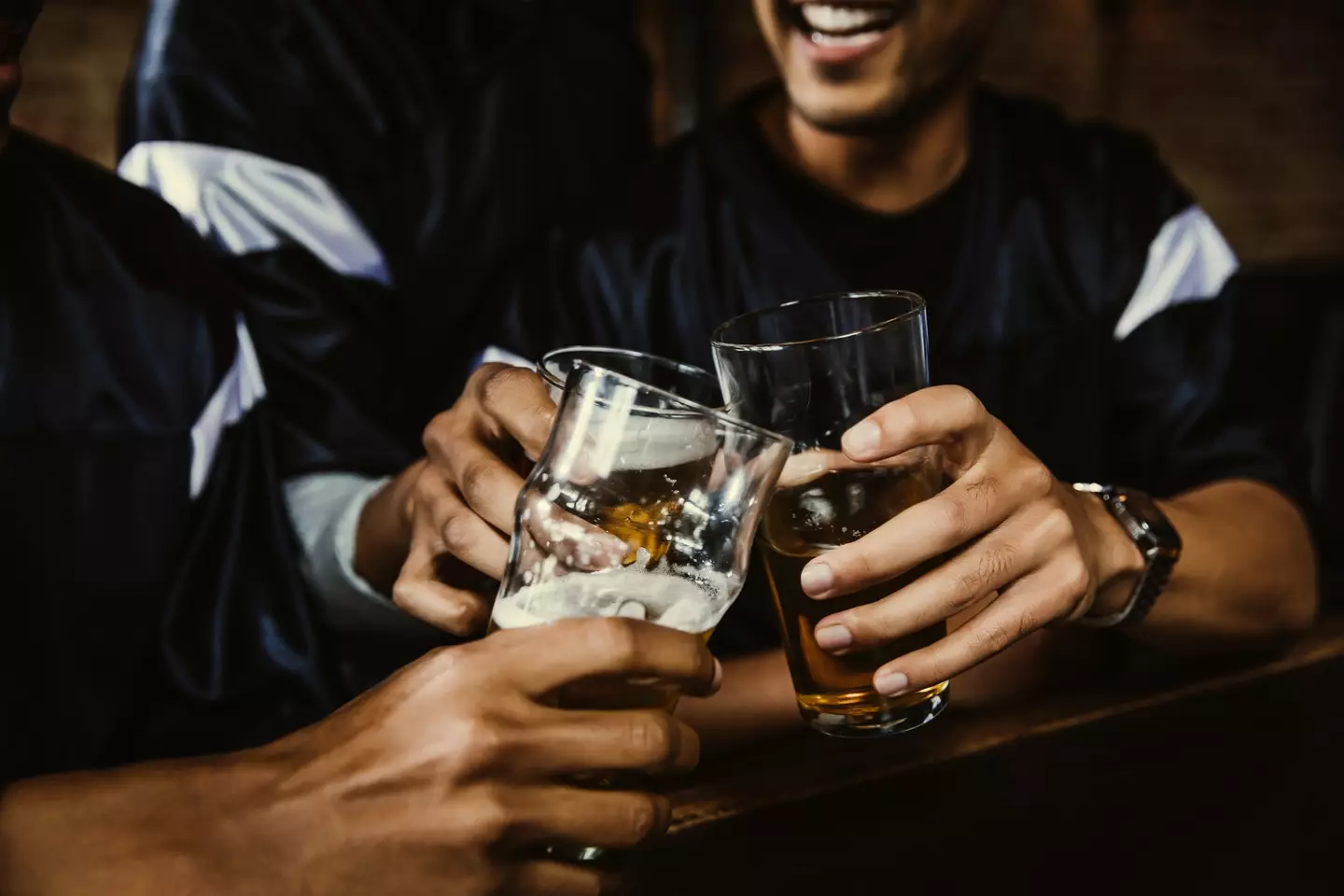
It’s often associated with special occasions. (Getty Stock)
Having eight or 10 drinks in a short period of time can produce a blood alcohol concentration (BAC) of over 0.2 per cent, and director of the National Institute on Alcohol Abuse and Alcoholism, George Koob, said this ‘significantly increases the risk of injuries, overdose and deaths’.
To compare that, a regular binge (about four or five drinks) tends to result in a BAC of around 0.08 percent.
Addiction expert and psychologist Keith Humphreys also told The New York Times that high-intensity drinkers are more likely to experience a ‘full blackout’ with no memory of what happened. Or, they tend to end up in hospital ‘grossly intoxicated and a danger to themselves and others’.
When people dip into the high-intensity pattern, Humphreys says the ‘risk of harm goes up pretty dramatically’.
Koob also says that a higher number of drinks per an occasion is associated with a greater likelihood of developing alcohol use disorder.
Experts echo that high-intensity drinking ‘doesn’t just harm the drinker’ but can lead to physical assaults, driving incidents, damage and even relationship problems.
Please drink responsibly. If you want to discuss any issues relating to alcohol in confidence, contact Drinkline on 0300 123 1110, 9am–8pm weekdays and 11am–4pm weekends for advice and support.
Featured Image Credit: Getty Stock Photos
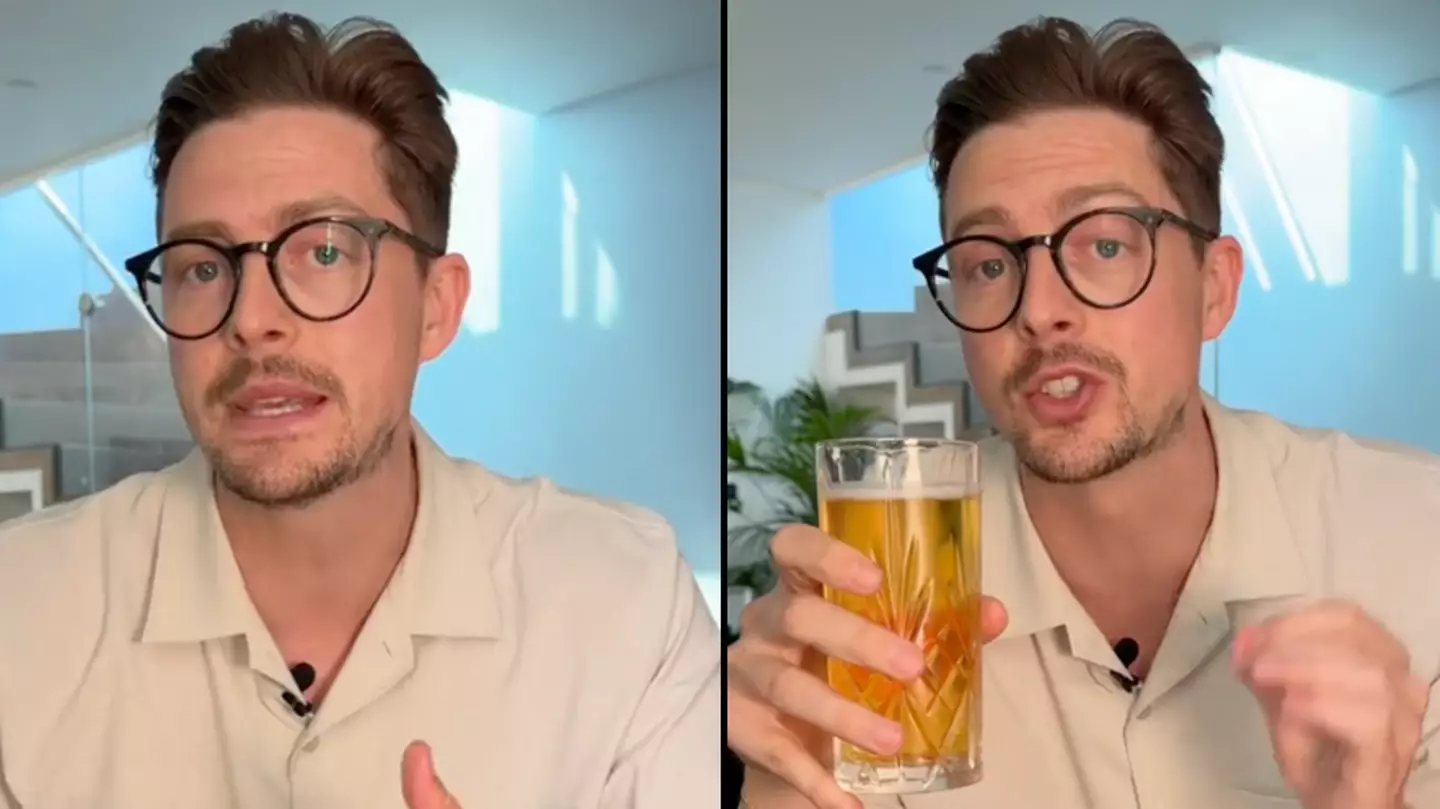
A doctor has opened up on the ‘biggest realisation’ he’s had since giving up the booze a year and a half ago.
Dr Alex George (@dralexgeorge), known for his work on Love Island, decided to stop drinking back in 2022.
He has since taken to social media to share the benefits of avoiding alcohol and what he’s learned since.
The 33-year-old has also revealed the three types of people he thinks should not drink alcohol.
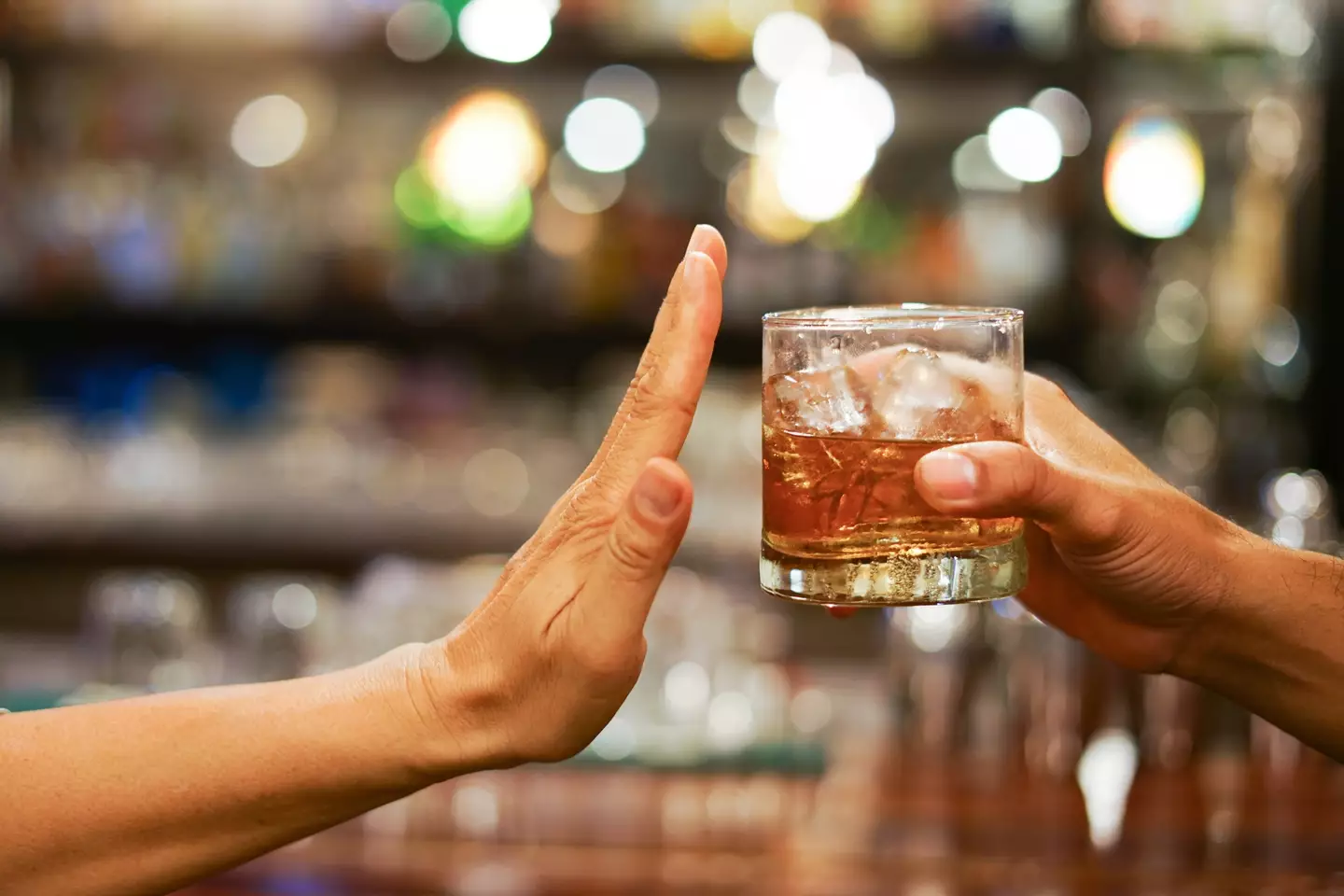
Dr Alex has quit drinking. (Getty Stock Images)
Earlier this year, the mental health ambassador explained: “First of all, if you have ADHD, drinking alcohol with ADHD is like pouring petrol on a fire.
“It makes the impulsivity worse, a lot of the symptoms we don’t want are heightened, and it numbs all the good things.
“Secondly, if you’re struggling with low mood or depression, alcohol is a depressant.
“Thirdly, if you’re not achieving your goals and aspirations in life, if you’re feeling stuck, alcohol can block us from being the person that we could be, from realising our true potential.”
However, for himself, there was a big ‘realisation’ he got immediately after he quit.
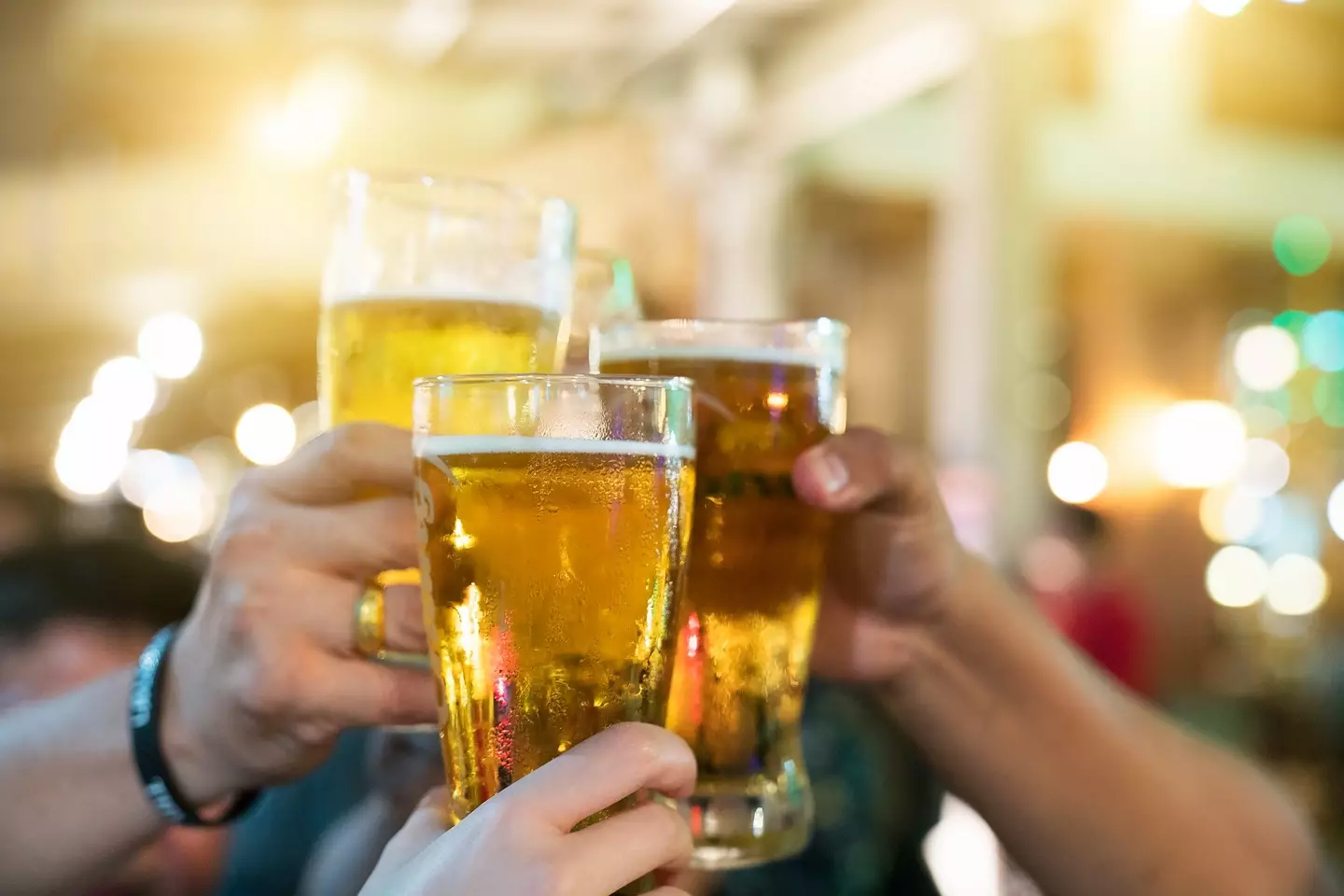
Drinking is used to mark an occasion, the doctor says. (Getty Stock Images)
In a recent video Dr Alex said: “This is one of the biggest realisations I’ve had since I stopped drinking a year and a half ago.
“No matter what the situation, whether you’re happy or you’re sad, whether it’s a funeral or a birthday, whether the football’s on, whether you’re off to the pub with your mates.”
He continued: “Whether you graduated, whether you failed your exams, there is no situation that booze isn’t the answer.
“Isn’t it crazy that alcohol is associated with every single social event?
“Every event in our lives, if someone passes away we drink, if you achieve something in life we drink.
“And it’s only when I stepped away and stopped drinking I realised like ‘what the hell’.
“Like it’s so crazy to me, I just think we need to find new ways of marking occasions.
“It doesn’t have to be all about the booze.”
Commenting on the clip, one viewer said: “Agreed! someone told me I shouldn’t go on a hen party abroad cos I’ve stopped drinking??? Strange view, eh?”
“The exact realisation I have had since I stopped drinking alcohol at the end of December. Thanks for sharing Alex,” a second added.
Meanwhile, others thought it was the same principle but with food and sugar.
“I mark things with food just as much of a problem,” a third penned, while another commented: “I think it’s the same with sugar as well.”
Featured Image Credit: Tiktok/Dralexgeorge
Topics: Alcohol, Health, Mental Health, TikTok, ADHD
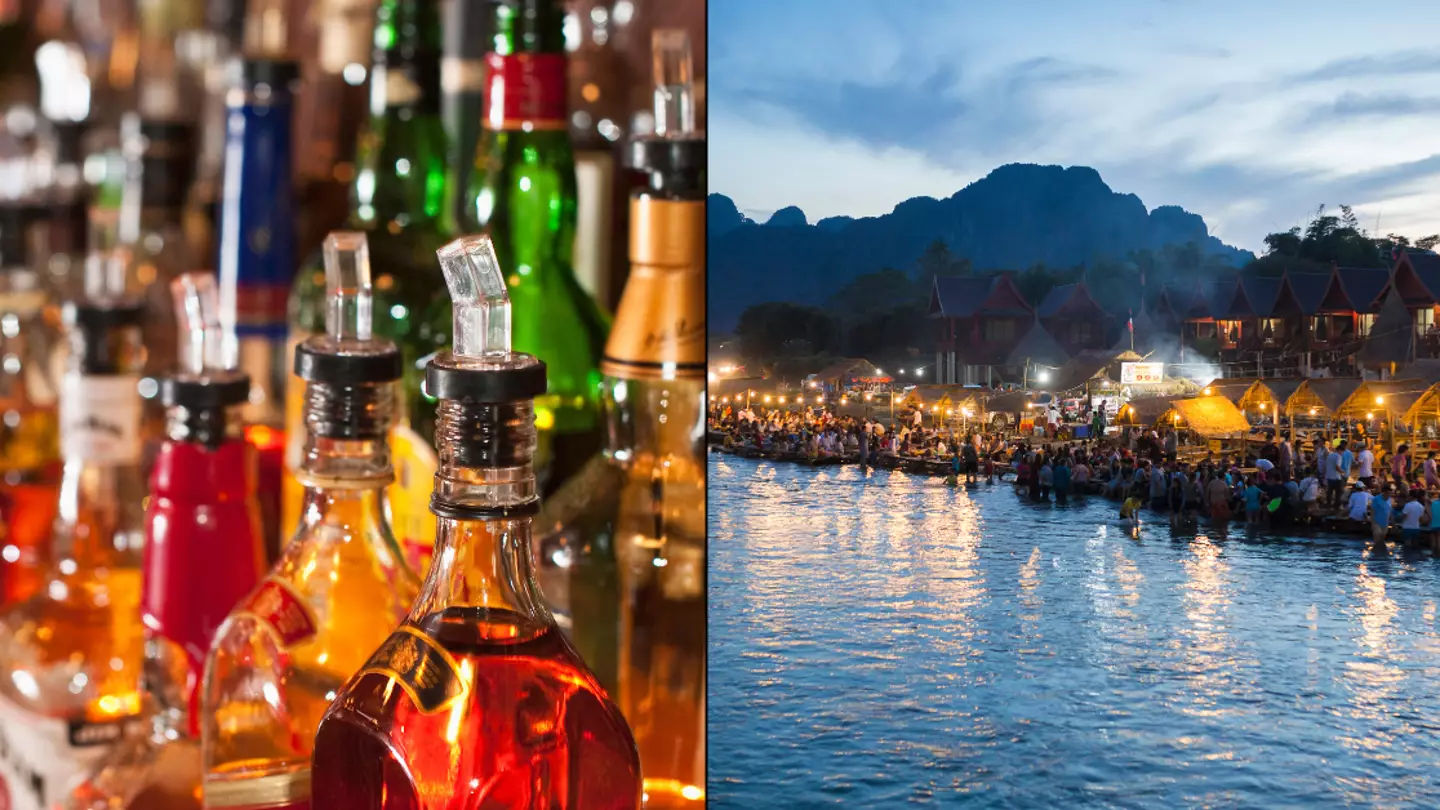
A British backpacker has revealed the that she was temporarily ‘blinded’ after consuming ‘free vodka’ shots at a popular backpacker hostel in Laos.
The town of Vang Vieng, Laos has been rocked by a series of deaths from suspected methanol poisoning. Six foreign nationals are believed to have died, while 11 more remain in hospital.
Authorities in Laos have since confirmed an investigation into alleged poisoning is currently underway and offered their ‘deepest condolences’ to the families of the victims.
Several of the cases appear to be linked to the Nana Backpackers hostel, with the owner and manager detained for questioning by authorities.
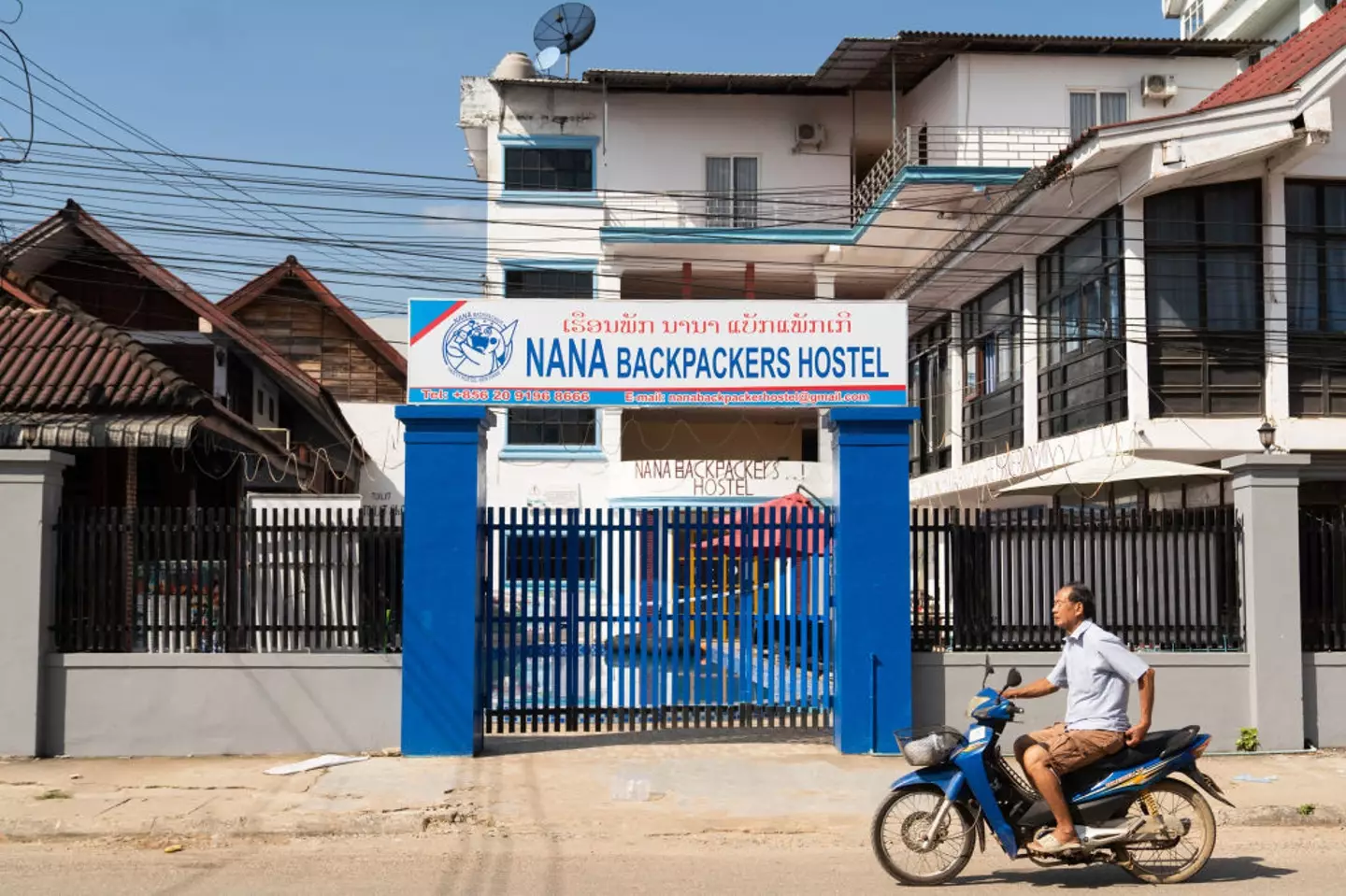
Nana Backpackers hostel in Vang Vieng, where several of the tourists are believed to have stayed (STR/AFP via Getty Images)
The six tourists killed have since been named as 28-year-old British lawyer Simone White, 28, Australian teenagers Holly Bowles and Bianca Jones, both 19, Danish friends Anne-Sofie Orkild Coyman, 20, and Freja Vennervald Sorensen, 21 and, a 57-year-old American tourist James Louis Hutson.
Another British tourist has since opened up about a frightening experience at the hostel just days before the deaths, revealing to Australian outlet Herald Sun that she became temporarily ‘blinded’ after consuming vodka from Nana Backpackers.
The woman, who asked not to be named, explained to the outlet that she had two ‘free vodkas’ from the hostel on 9 November and became unwell shortly after. She also revealed that she had crossed paths with some of the six travellers who died in the town.
“I just thought I was hungover, I spent the day going between my room and the toilet, just vomiting,” she explained.
“I had my eyes closed when I was walking to the toilet because I couldn’t see. I called my boyfriend and he said ‘please get some help, go to the hospital.'”
She added that three people out of her group of 15 had also taken ill.
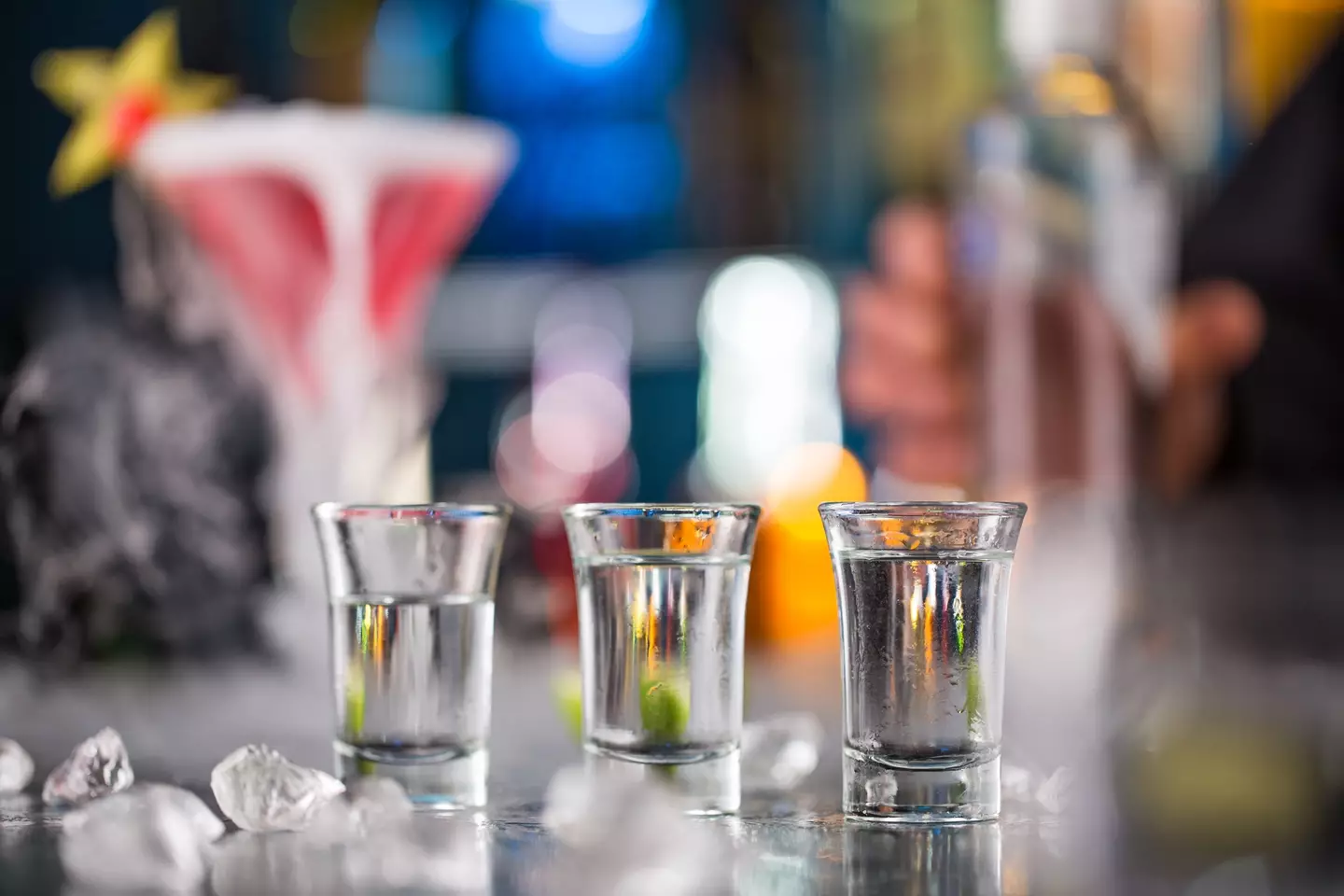
The woman, who asked not to be named, also revealed she crossed paths with some of the tourists killed (Getty Stock Images)
The woman went on to add that she’d consumed the free vodka shots at around 3pm before going on a river tubing activity with friends, an event which she cannot remember.
She went on to explain that her symptoms included a resting heart rate of 170bpm and breathlessness, alongside the temporary blindness and vomiting. After seeking medical attention at Vang Vieng District Hospital, the woman revealed she was placed on a saline drip before being discharged with nausea medication.
What is methanol poisoning?
Methanol is an industrial chemical and commonly found in products such as paint thinner and car windshield washers. It is often added to drinks as it is cheaper than ethanol – which is found in alcoholic drinks – allowing manufacturers to cut costs. There is also no way to test for methanol in alcoholic drinks without the use of specialist equipment.
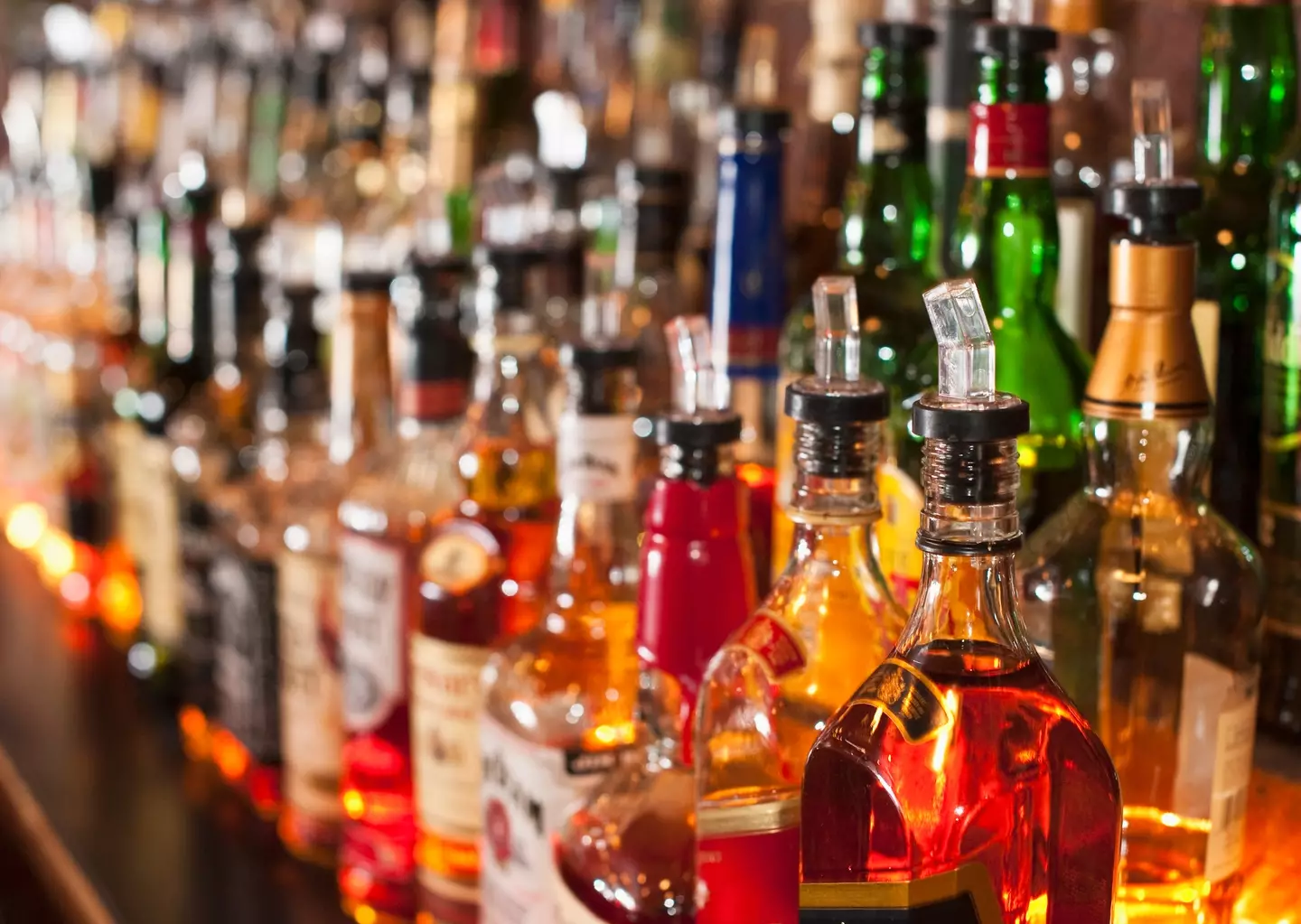
Methanol is often added to drinks as a method of cutting costs (Getty Stock Images)
However, the substance is extremely toxic to humans, with just 25ml of methanol said to be lethal for the body.
Symptoms of methanol poisoning can include nausea, vomiting, dizziness, changes to vision and abdominal pain. Anyone with suspected methanol poisoning is urged to seek medical attention straight away.
Featured Image Credit: (Getty Stock Images)
Topics: World News, Health, Alcohol
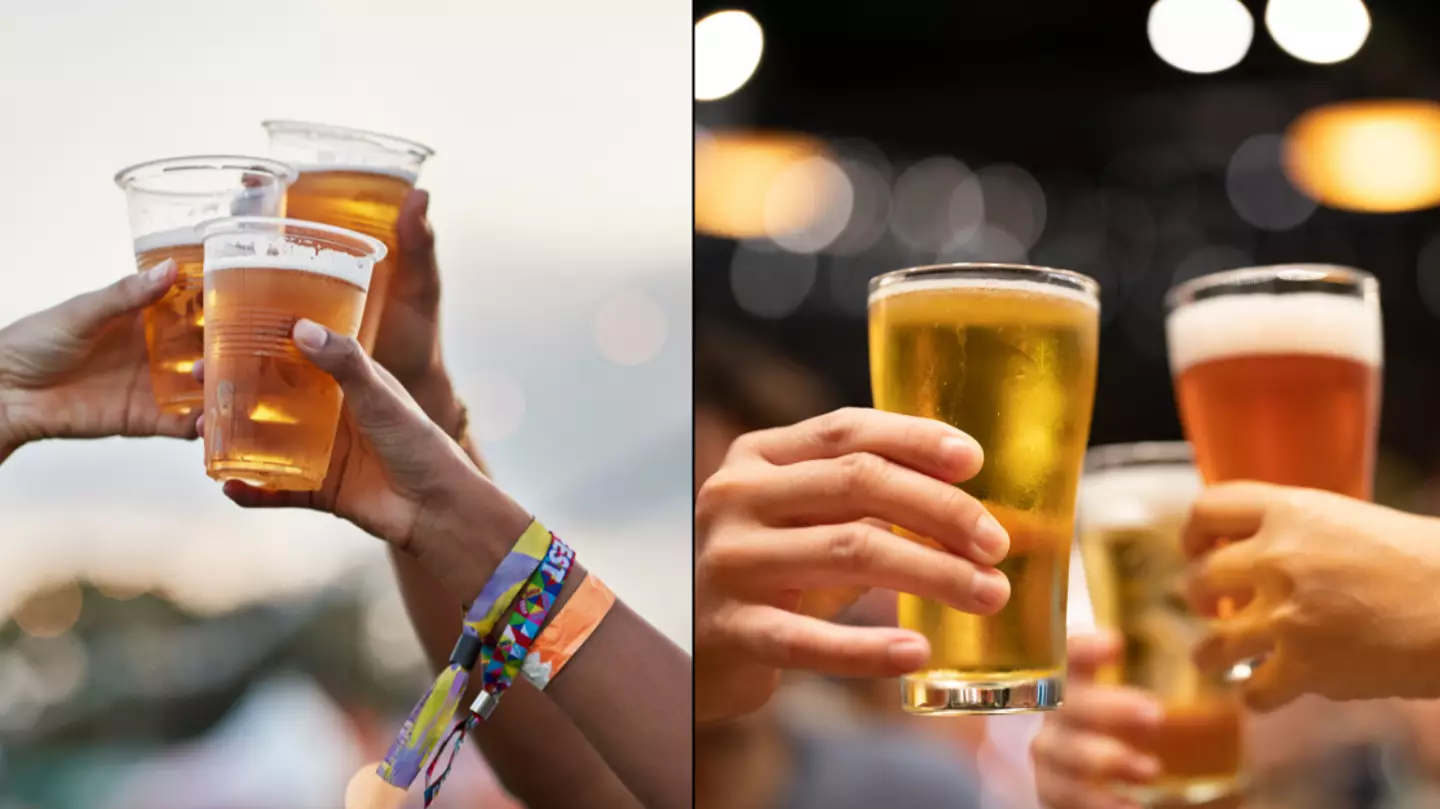
Knowing what actually goes into your beer is really quite important.
You might be of a mind that it’s all the same swill and it all does the same job, but it’s best to know what you’re quaffing.
Say, for example, you order a Madri at the bar and think you’re getting something that’s been brewed in Spain.
Well, you’re not; it’s actually produced in the UK by the same bunch that make Carling and Coors.
Frankly, quite a lot of the beers which you’d think come from abroad actually got brewed in the UK, because, sometimes, it’s just easier and cheaper.
At other times, you are genuinely getting a different deal with what you buy, a bit like when you go to continental Europe and the Fanta there tastes better because it’s a different mix.

Prepare for ‘drinkflation’. (Getty Stock Photo)
It’s the same for some beer brands as well. If you were buying a bottle of Grolsch Premium Pilsner beer, in the rest of Europe, it’d be five percent ABV (alcohol by volume).
However, the current stuff on the shelves in the UK is just four percent, and The Grocer reports that this premium beer is going to have even less alcohol in it now.
According to them, ‘drinkflation’ (that’s clever, I like that) has kicked in, and the strength of the beer is dropping after sales had been slipping in the UK.
This follows Grolsch being relaunched in the UK at four percent in 2020, so now, the new stuff is going to be a full 1.6 percent weaker than its continental counterpart.
The Grocer says this weakening in strength will save beer distributor Asahi UK about 23p in excise duty for every 440ml can of Grolsch sold.
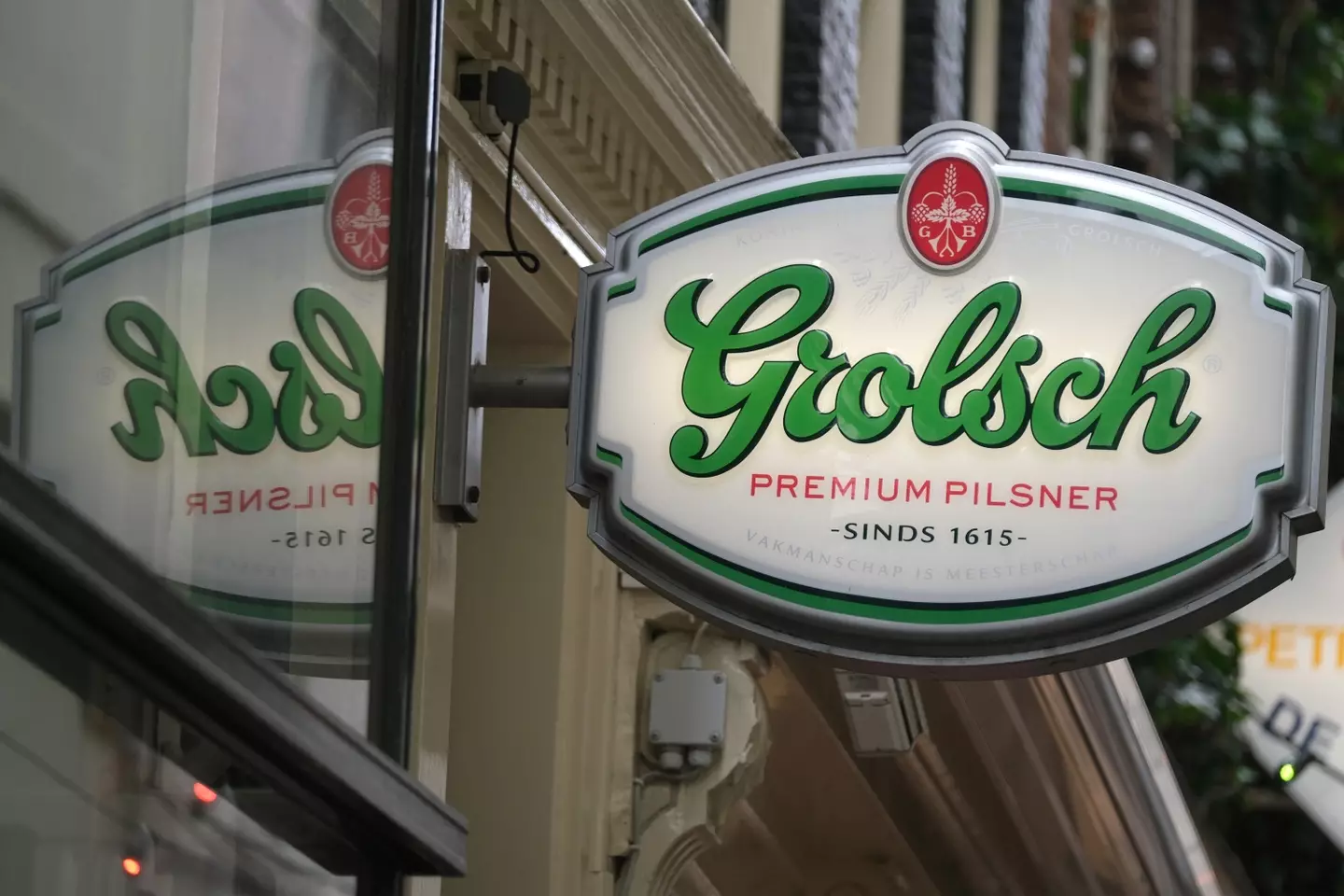
Can you still call it premium at 3.4 percent? It’s still five percent in continental Europe, by the way. (Yuriko Nakao/Getty Images)
A spokesperson for Asahi UK told them: “Following much analysis, we decided to reformulate Grolsch to a new abv of 3.4%, which went into market earlier this year.
“We are confident this still delivers an excellent premium beer that will appeal to a broad range of consumers.”
About that, it turns out that quite a few Brits aren’t particularly pleased with the reformulation of the beer, and took to social media to explain why.
One person described a 3.4 percent strength beer as a ‘f**king shandy’, while another lamented Grolsch as a ‘once decent’ tipple, and said he’d been a fan of the old five percent mix.
He wondered who the 3.4 percent beer was aimed at, while a third declared: “Grolsch, now alternatively known as p**s.”
Someone else said the downgrade made Grolsch into a ‘run of the mill session lager’ that was ‘certainly no longer premium’.
LADbible has contacted Asahi UK for further comment.
Featured Image Credit: Getty Stock Photo
Topics: UK News, Alcohol, Food And Drink, Money

Sometimes, it can be difficult to determine whether your relationship with alcohol is verging on unhealthy.
While many Brits enjoy a drink now and then, there are signs that can indicate whether you’re becoming dependant on alcohol.
To help us understand what could be concerning, the NHS has listed nine questions to determine if you’re drinking too much and what you need to do if you are.
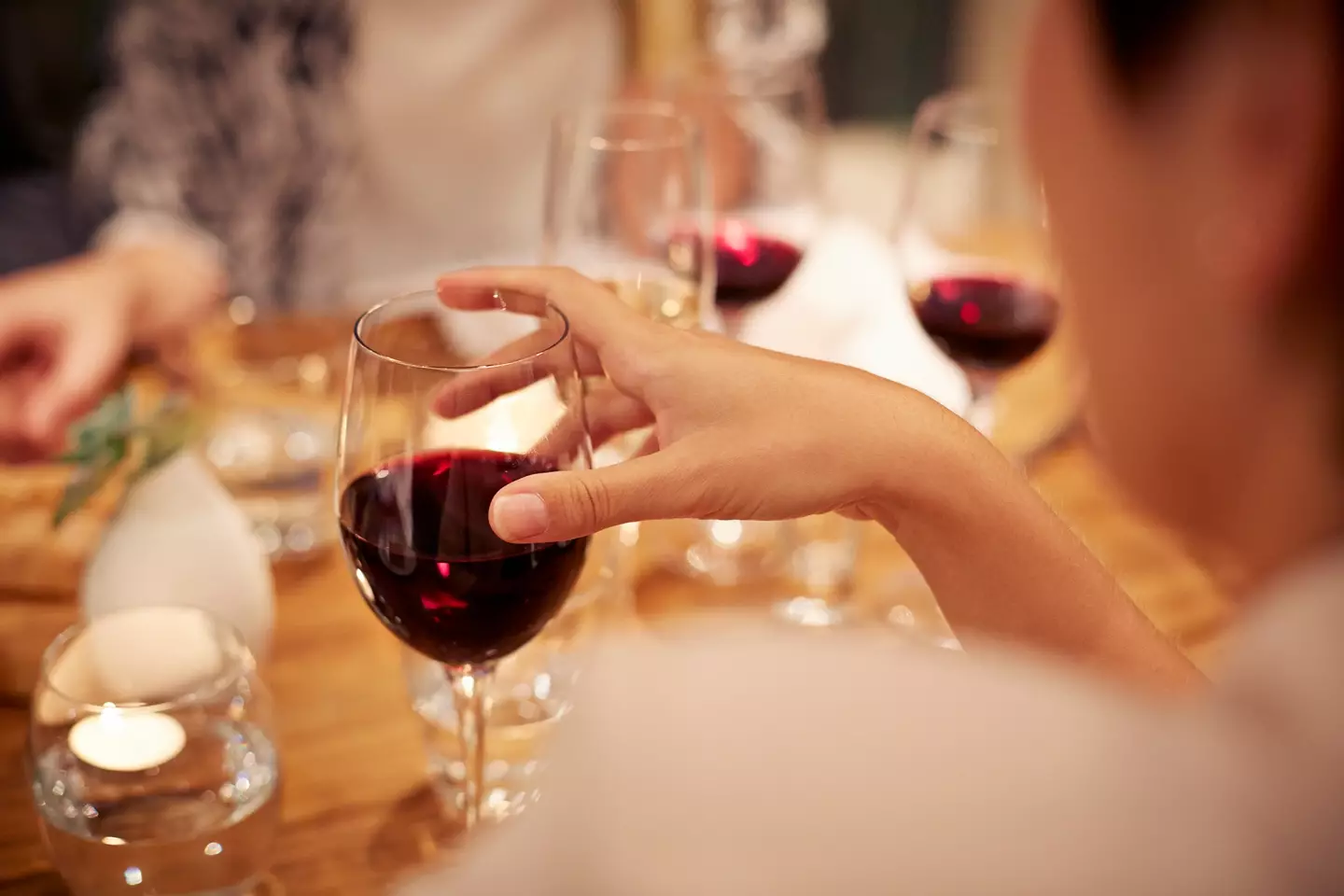
The NHS has listed nine questions (Getty Stock Photo)
Each question has multiple choice answers, and each answer correlates to a different score.
At the end of the questionnaire, you’ll be asked to add up your score.
If you’ve scored over a certain threshold, the NHS advise booking an appointment with your GP to discuss.
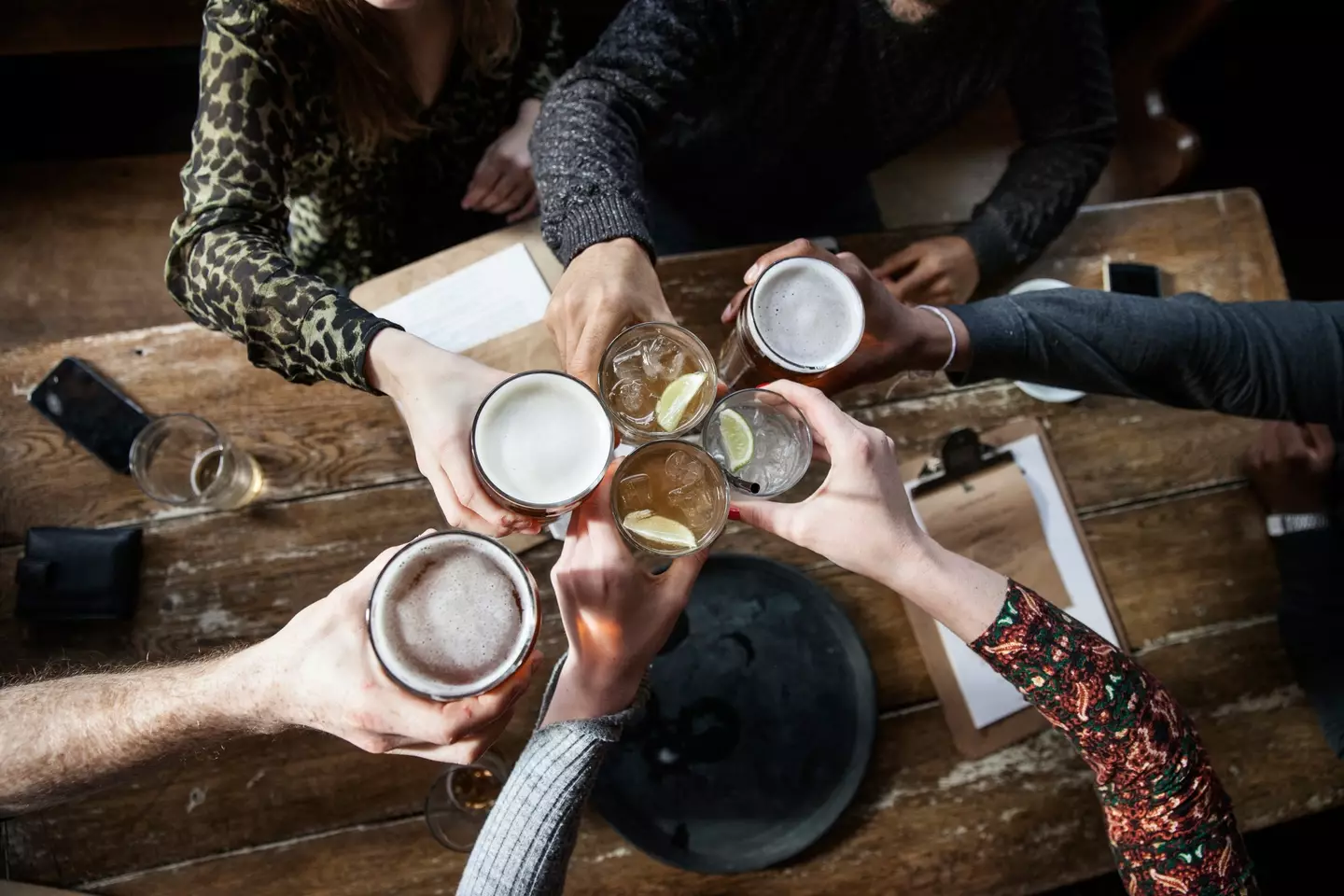
Each answer has a score (Getty Stock Photo)
Are you drinking too much alcohol?
Here are the nine questions to ask:
- How often do you have a drink containing alcohol?
- How many drinks containing alcohol on a typical day when you are drinking?
- How often do you have six or more drinks in one occasion?
- How often during the last year have you found that you were not able to stop drinking once you had started?
- How often during the last year have you failed to do what was normally expected of you because of drinking?
- How often during the last year have you needed a drink in the morning to get yourself going after a heavy drinking session?
- How often during the last year have you had a feeling of guilt or remorse after drinking?
- How often during the last year have you been unable to remember what happened the night before because of your drinking?
- Has a relative, friend, doctor or other health care woerker been concerned about you drinking or suggested you cut down?
The NHS advise that if you’ve scored over eight, to make an appointment with your doctor to discuss.
You can find the questionnaire and more advice here.
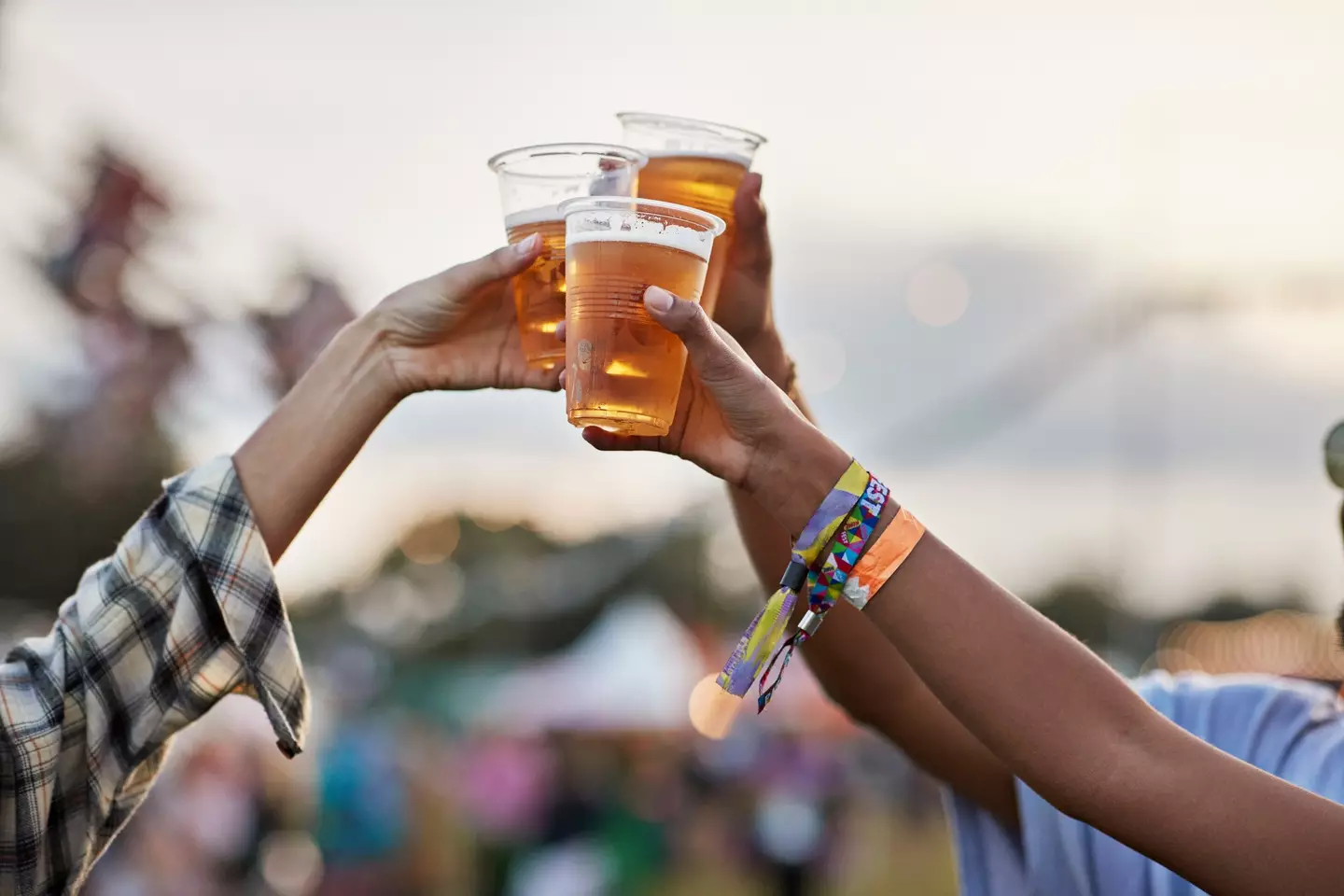
The number of people who don’t drink alcohol is increasing (Getty Stock Photo)
While many Brits enjoy a drink now and then, the number of drinkers in the UK is actually declining.
In 2022, 48 percent of adults drank alcohol at least once a week, which was a decline from 54 percent in 2011.
Meanwhile, the percentage of adults who do not drink at all increased from 16 percent to 19 percent.
Men drink more often than women, with eight percent drinking daily compared to five percent of women.
Please drink responsibly. If you want to discuss any issues relating to alcohol in confidence, contact Drinkline on 0300 123 1110, 9am–8pm weekdays and 11am–4pm weekends for advice and support.
